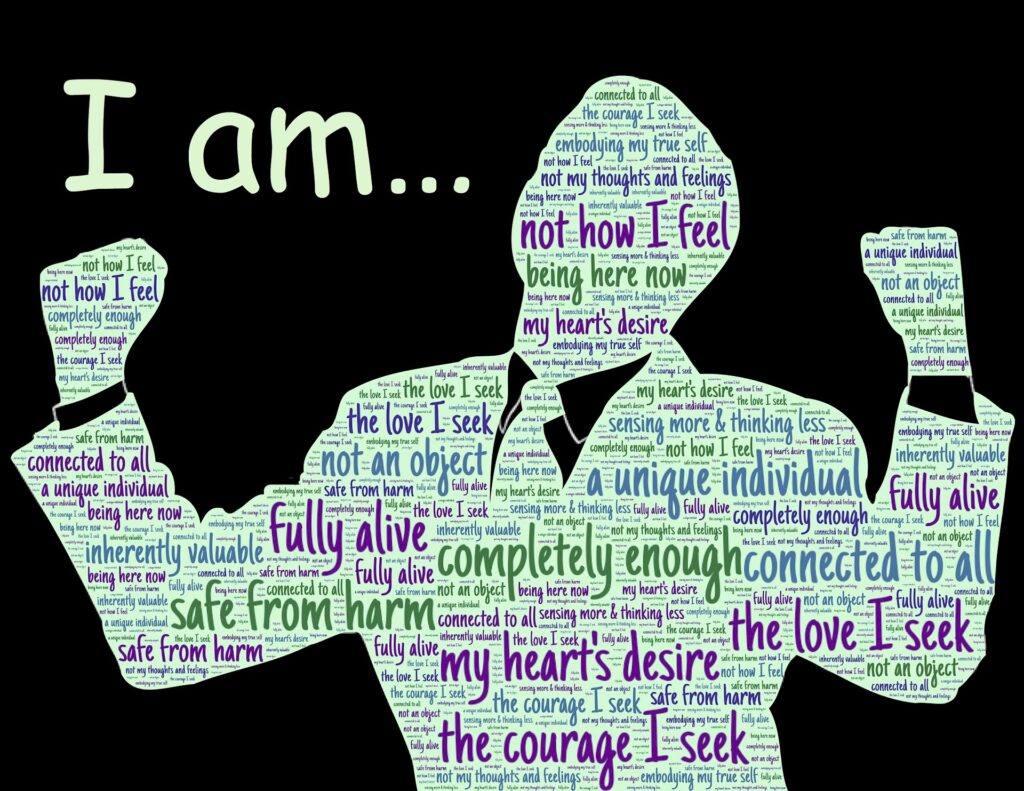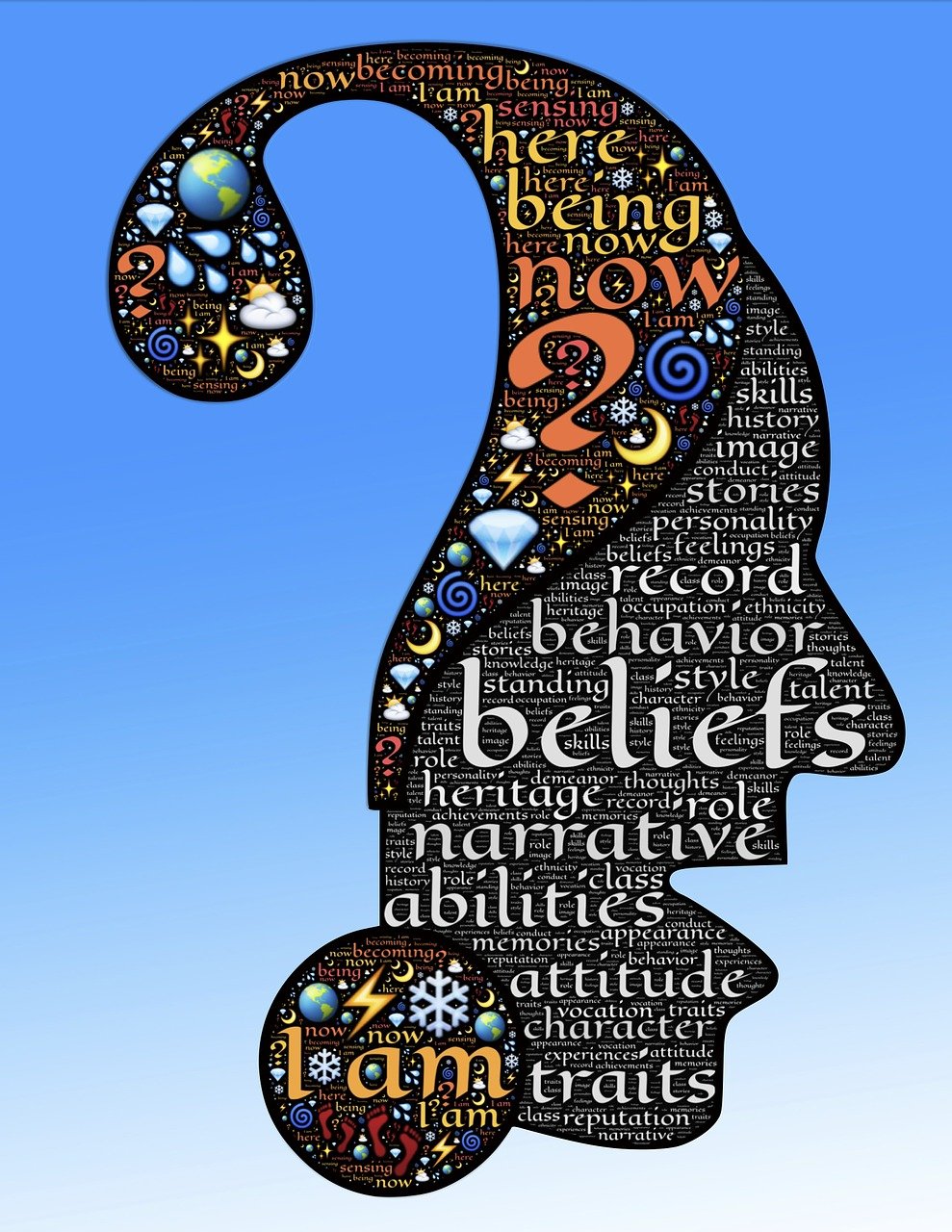Table of Contents
In today’s fast-paced world, we often find ourselves consumed by the demands of modern life. Amidst the hustle and bustle, it’s easy to forget the impact our behavior has on the people around us. However, cultivating self-awareness and Understanding How Our Behavior Impacts Others is crucial for personal growth, building meaningful relationships, and fostering a harmonious society.
In this article, we’ll explore the significance of self-awareness and provide real-life examples of how it can positively or negatively impact those around in general as well as in the context of the leaders in their organisation.
Leaders need to be self aware of their actions – Let’s explore how each of the above pointers aligns with the context of executive coaching as the role of the leaders have a wider impact across the organisation and people leaders need to ask the question to themselves – Understanding How Our Behavior Impacts Others .

Executive coaching is a specialised form of coaching that focuses on enhancing the leadership and management skills of individuals in executive positions. It is a powerful tool for executives to develop self-awareness, understand the impact of their behavior on others, and improve their leadership abilities.
The Power of Self-Awareness: Understanding How Our Behavior Impacts Others
-
The Foundation of Self-Awareness
Self-awareness is the ability to recognise and understand our thoughts, emotions, strengths, weaknesses, and how these factors influence our behavior. It involves a deep introspective journey that allows us to gain insights into our motivations, reactions, and patterns of behavior. By acknowledging our own actions, we become better equipped to comprehend their repercussions on others.
Example: Sarah, a high-achieving professional, often felt anxious and stressed due to her hectic work schedule. However, she failed to realise that her constant emotional turmoil affected her colleagues, leading to a tense and unproductive work environment.
Executive coaching places a strong emphasis on self-awareness. Coaches work closely with executives to help them gain insights into their personality traits, leadership styles, and decision-making processes. Through introspective exercises, psychometric assessments, and 360-degree feedback, executives can develop a comprehensive understanding of themselves and their behaviours.
Example in Executive Coaching: During a coaching session, an executive named Michael discovers that his impatience during team meetings often leads to a lack of engagement from his team members. This newfound self-awareness enables him to modify his behavior and create a more inclusive and collaborative environment.
-
Empathy: The Result of Self-Awareness
As we become more self-aware, we develop a heightened sense of empathy towards others. Empathy allows us to step into someone else’s shoes, understand their emotions, and respond with compassion. This understanding is vital for nurturing meaningful relationships and building strong connections with people around us.
Example: John, a college student, used to be dismissive of his friend Mike’s struggles with depression. After practicing self-awareness and realising the depth of his friend’s emotions, John changed his approach and became a source of support and comfort for Mike.
As executives become more self-aware, they naturally develop higher levels of empathy. Executive coaching encourages leaders to consider the perspectives and feelings of their team members, peers, and stakeholders. By understanding others’ experiences, executives can build stronger relationships and foster a culture of trust within their organisations.
Example in Executive Coaching: After working on self-awareness with her coach, Sarah, a CEO, becomes more empathetic towards her employees’ work-life balance. She implements flexible policies and actively supports her team members’ well-being, leading to increased employee satisfaction and retention.
-
Impact on Communication
Being aware of our behavior enables us to improve our communication skills significantly. By recognising our communication style and its potential impact, we can adapt and tailor our approach to different individuals and situations. Effective communication fosters mutual understanding and trust, leading to more productive and harmonious relationships.
Example: Anna, a team leader, used to give orders without considering her team members’ perspectives. However, after engaging in self-awareness exercises, she became more open to feedback and started communicating with empathy. As a result, her team members felt valued, leading to improved collaboration and performance.
Effective communication is critical for executives, as they need to convey their vision, goals, and expectations clearly to their teams and stakeholders. Executive coaching helps leaders recognise their communication strengths and areas for improvement. By understanding how their communication style influences others, executives can adjust their approach for better results.
Example in Executive Coaching: Through coaching, John, a senior executive, becomes aware of his habit of using technical jargon during presentations. He starts simplifying his language and using relatable examples to ensure his message resonates with all team members, resulting in increased understanding and alignment.
-
Conflict Resolution and Emotional Intelligence
Self-awareness is closely tied to emotional intelligence, which involves managing our emotions and those of others effectively. When we understand how our feelings influence our behavior, we can handle conflicts more constructively, avoiding unnecessary tension and hostility.
Example: Brian and Emma, a married couple, used to have frequent arguments due to misunderstandings and unspoken grievances. After attending a workshop on self-awareness and emotional intelligence, they learned to identify the underlying causes of their conflicts and communicate more openly, strengthening their relationship.
Conflict is inevitable in any organisation, and executives must be equipped to handle it constructively. Executive coaching addresses emotional intelligence, allowing leaders to manage their emotions and navigate conflicts with poise and understanding. By addressing underlying issues and promoting open dialogue, executives can foster a culture of collaboration and unity.
Example in Executive Coaching: Emma, a C-suite executive, undergoes coaching to improve her conflict resolution skills. By recognising her tendency to avoid confrontation, she learns how to address conflicts directly and respectfully. As a result, conflicts within her team are resolved more efficiently, leading to improved team dynamics and productivity.
-
Cultivating Positive Role Models
When we prioritise self-awareness and consider how our actions impact others, we set an example for those around us. By becoming positive role models, we inspire others to embrace self-awareness and empathy, fostering a culture of understanding and kindness.
Example: Lisa, a teacher, always displayed patience and respect towards her students. Her students observed her behavior and started treating each other with more kindness and consideration, ultimately creating a nurturing and respectful classroom environment.
Executives hold significant influence within their organisations. By prioritising self-awareness and modelling empathetic behaviours, they can inspire a positive work culture throughout the company. Executive coaching encourages leaders to lead by example and set the tone for a culture of growth and mutual respect.
Example in Executive Coaching: Lisa, a senior executive, actively engages in coaching and demonstrates vulnerability and willingness to learn. Her dedication to personal growth inspires her team members to seek out their own development opportunities, creating a culture of continuous improvement within the organisation.
Conclusion
Self-awareness and understanding how our behavior impacts others are integral to personal growth, fostering healthy relationships, and contributing to a harmonious society. By embarking on a journey of self-discovery, practicing empathy, and enhancing our communication skills, we can create a positive ripple effect that spreads throughout our personal and professional lives. Let us strive to be more self-aware and compassionate individuals, leading the way towards a world filled with understanding and empathy.
In the context of executive coaching, self-awareness and understanding the impact of one’s behavior on others are fundamental pillars of personal and professional growth. By leveraging the support and guidance of an executive coach, leaders can develop self-awareness, enhance their empathy and communication skills, manage conflicts effectively, and become positive role models within their organisations. Embracing executive coaching can lead to transformative changes in leadership style and ultimately contribute to the success and well-being of the organisation as a whole.
Interesting Read:
The Transformative Power of Executive Coaching: Empowering Leaders to Reach New Heights



Leave a Reply